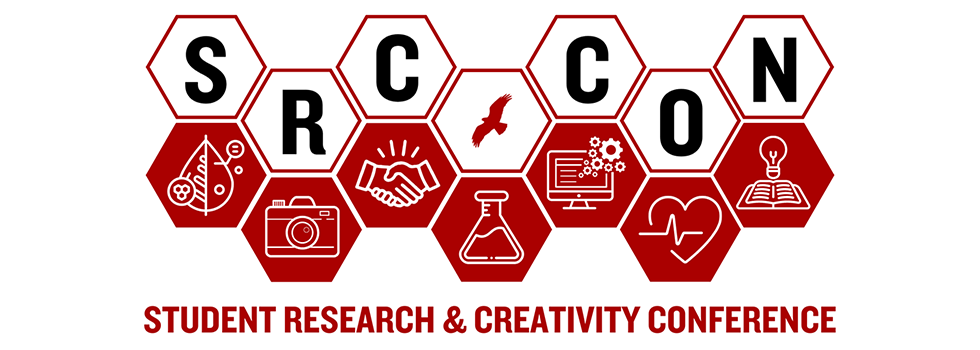Transforming Spaces: Enhancing Link Spaces Through Student-Centered Design and Input
Faculty Information
Erin Swezey | Course: SDAD 5640 - Internship I in Student Affairs | Project-in-progress
Presentation Type
Individual
Presentation Format
Poster
Start Date
10-5-2024 12:00 PM
End Date
10-5-2024 1:00 PM
Abstract or artist statement
In the ever-changing landscape of student affairs, where student input is key to improving services and resources for our diverse student populations, the Links by the MOSAIC Center at Seattle University stand as venues for community and connectivity. The ongoing Link Space Study delves into the efficacy of these spaces in meeting their intended objectives and shaping future decisions regarding resource allocation, staffing, programming, and partnerships. Employing a mixed-methods approach, including external research and internal inquiries with student input, the study examines usage patterns, student needs, sense of belonging, and location/space designations. Preliminary findings reveal that students utilize the Links for studying, dining, and rejuvenating between classes, expressing desires for heightened awareness, extended hours, and increased opportunities for social connection. These insights not only inform enhancements to student support and community-building efforts at Seattle University but also offer transferable lessons for similar programs in educational contexts, underscoring the broader significance of making data driven decisions and incorporating the student voice.
Keywords: Higher Education, Affinity Spaces, Data-Informed
Transforming Spaces: Enhancing Link Spaces Through Student-Centered Design and Input
In the ever-changing landscape of student affairs, where student input is key to improving services and resources for our diverse student populations, the Links by the MOSAIC Center at Seattle University stand as venues for community and connectivity. The ongoing Link Space Study delves into the efficacy of these spaces in meeting their intended objectives and shaping future decisions regarding resource allocation, staffing, programming, and partnerships. Employing a mixed-methods approach, including external research and internal inquiries with student input, the study examines usage patterns, student needs, sense of belonging, and location/space designations. Preliminary findings reveal that students utilize the Links for studying, dining, and rejuvenating between classes, expressing desires for heightened awareness, extended hours, and increased opportunities for social connection. These insights not only inform enhancements to student support and community-building efforts at Seattle University but also offer transferable lessons for similar programs in educational contexts, underscoring the broader significance of making data driven decisions and incorporating the student voice.
Keywords: Higher Education, Affinity Spaces, Data-Informed

